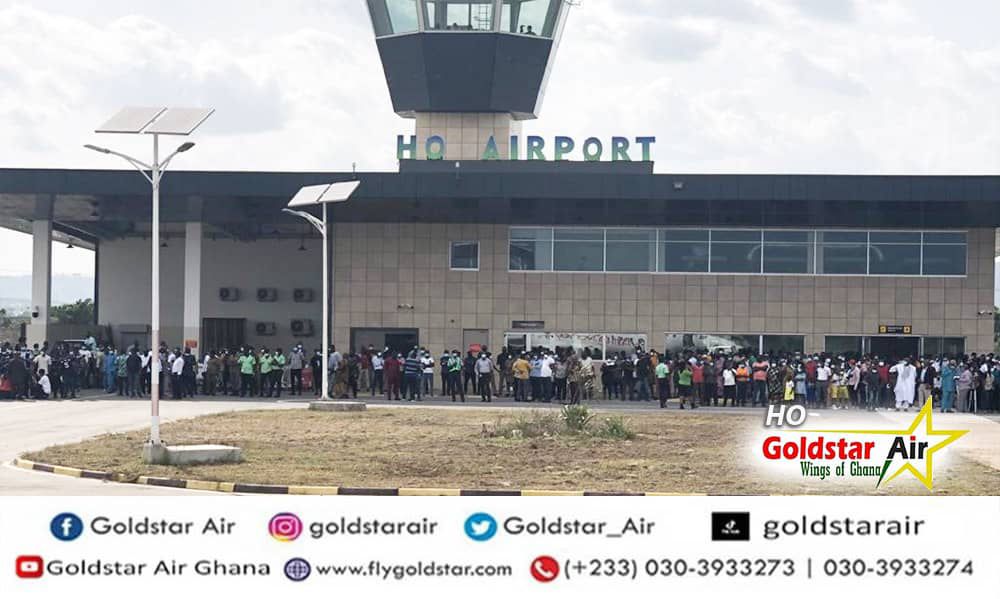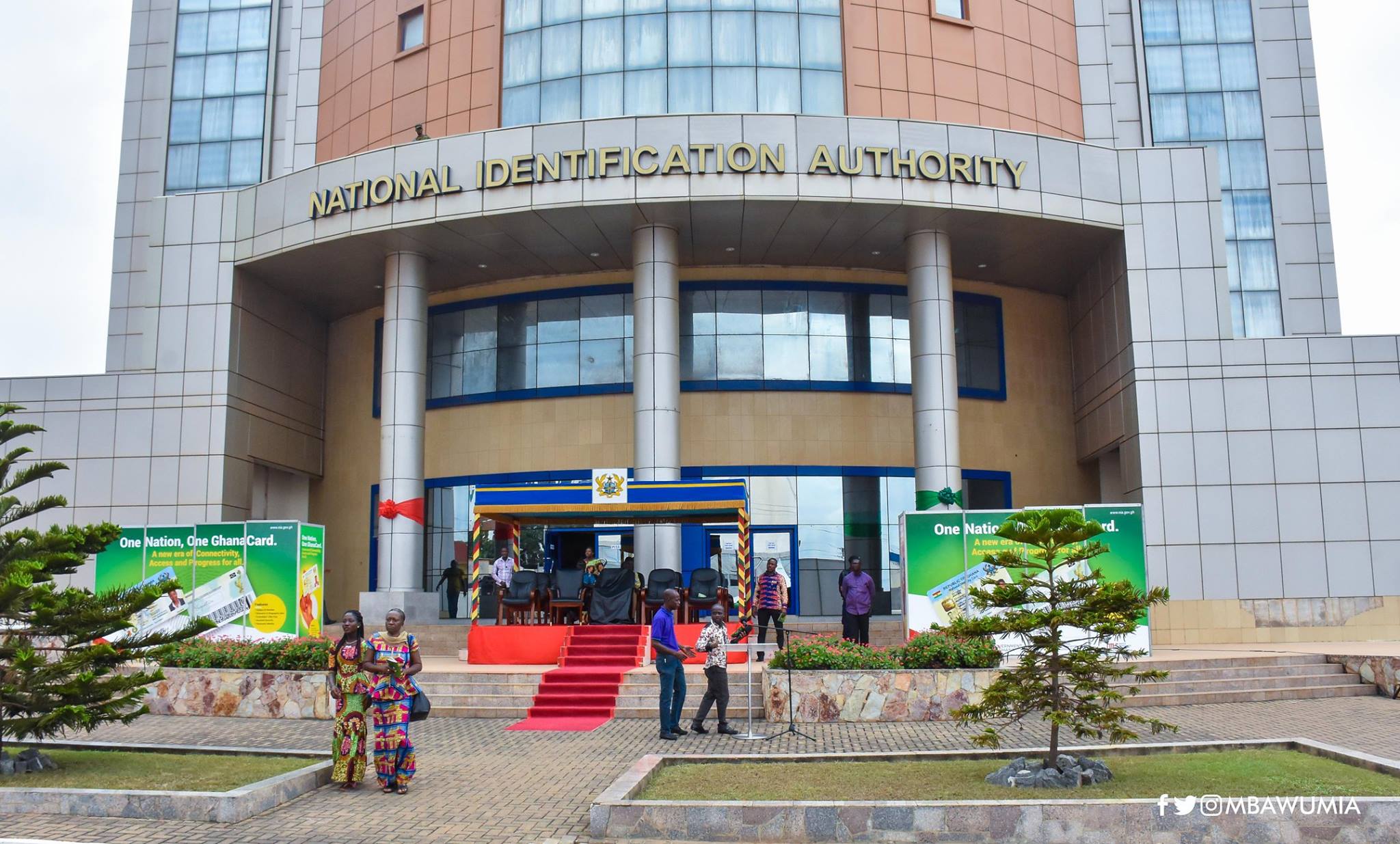Goldstar Air, also known as the Wings of Ghana, is set to revitalize Ho Airport in the Volta Region, fondly referred to as the “Ghost Town.”
According to the Chief Executive Officer, Eric Bannerman, the airline’s innovative approach to development will not only attract more passengers to the airport but also stimulate high-quality economic growth in the region and across the nation.
Although the construction of Ho Airport was completed in 2017, featuring a runway measuring 1,900 by 30 meters (6,300 ft x 98 ft) and a terminal capable of handling 150,000 passengers annually, it remained inactive. The airport’s readiness to receive specific aircraft depends on its runway capacity, a crucial factor for accommodating various plane requirements.
While large aircraft like the Airbus A380 and Boeing 747-8 who needs 3,000 and 3,100 metres respectively, are not feasible for Ho Airport, narrow body aircraft like the Boeing 737-800, with performance chart at sea level under International Standard Atmosphere (ISA) conditions with a takeoff of 140,000lbs, the runway length requirement is 1510 metres.
At an altitude of 1220 metres that same Boeing 737-800, requires 1830 metres, which make it ideal for Goldstar Air to deploy it on the Ho route. With a seating capacity of 162 passengers in a two-class configuration or 189 passengers in a high-density layout, the Boeing 737-800 is well-suited for operations to and from Ho Airport.
Goldstar’s strategic plan includes round-the-clock (24/7) service from Accra and Kumasi International Airports, making Ho Airport a significant hub. Initially, we will operate direct flights to and from Mecca, the Kingdom of Saudi Arabia, focusing on Muslims in Volta Region and neighboring countries such as Togo and Benin, providing ground transportation also to and from passenger’s destination and gradually expanding to include loyalty charter flights to and from Europe, as we hope with our limited operations, It will gradually turn the Ho Airport into a full International Airport for scheduled flights to start and to have its full return on investment (ROI) to amortize the airport for future investments and expansion, having in view passengers from far and near.
By promoting “Destination Volta,” we aim to showcase Ho Airport to the world and transform the region into a premier tourist destination and one of the world most visited tourist sites. The airline also hope to turn the Akosombo dam spillage sites into wealth to rebuild the lost homes for the displaced people, as it is been done in Hiroshima, Japan.
Initially by making only six Hajj flights annually and subsequent years from the Ho airport with our narrowbody aircraft, the Hajj operations can generate a reasonable revenue in the form of aircraft taxes for the Ghana Airport Company Limited, as well as our loyalty charter flights, can help defray the cost of GHC2.42 million that has been spent to maintain the facility in the last two years, after a brief commercial operations were halted and the $25 million loan secured for the project.
These efforts will get the domestic airlines to reconsider and restart operations that have proved futile, due to various challenges such as rising operational cost and low patronage of the route.
Goldstar aspire to leverage the Ho Airport operations to generate revenue, contribute to infrastructure maintenance costs, and stimulate the local economy.
Goldstar Air will initially be flying from Kumasi International Airport to Rome, Madrid, Hamburg, London, Dusseldorf, Milan and from Accra Kotoka International Airport to Baltimore Washington, Dubai, Lagos, Toronto, Monrovia, Conakry, Abidjan, Guangzhou, Dakar, Banjul, Rhode Island, London and Freetown.
Goldstar Air’s initiatives will not only create over one hundred thousand direct jobs for Ghanaians but also contribute to retaining revenue within Ghana and boosting the country’s Gross Domestic Product (GDP).





